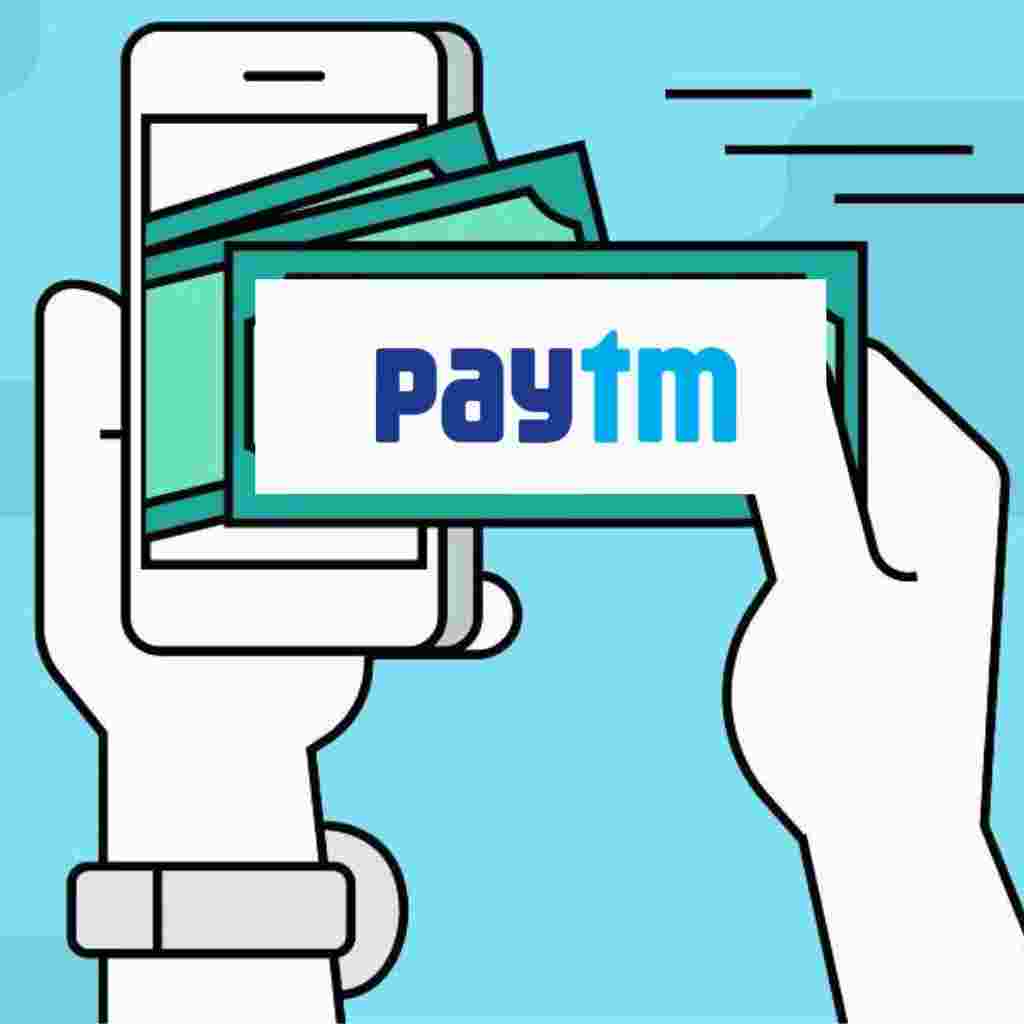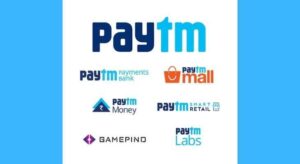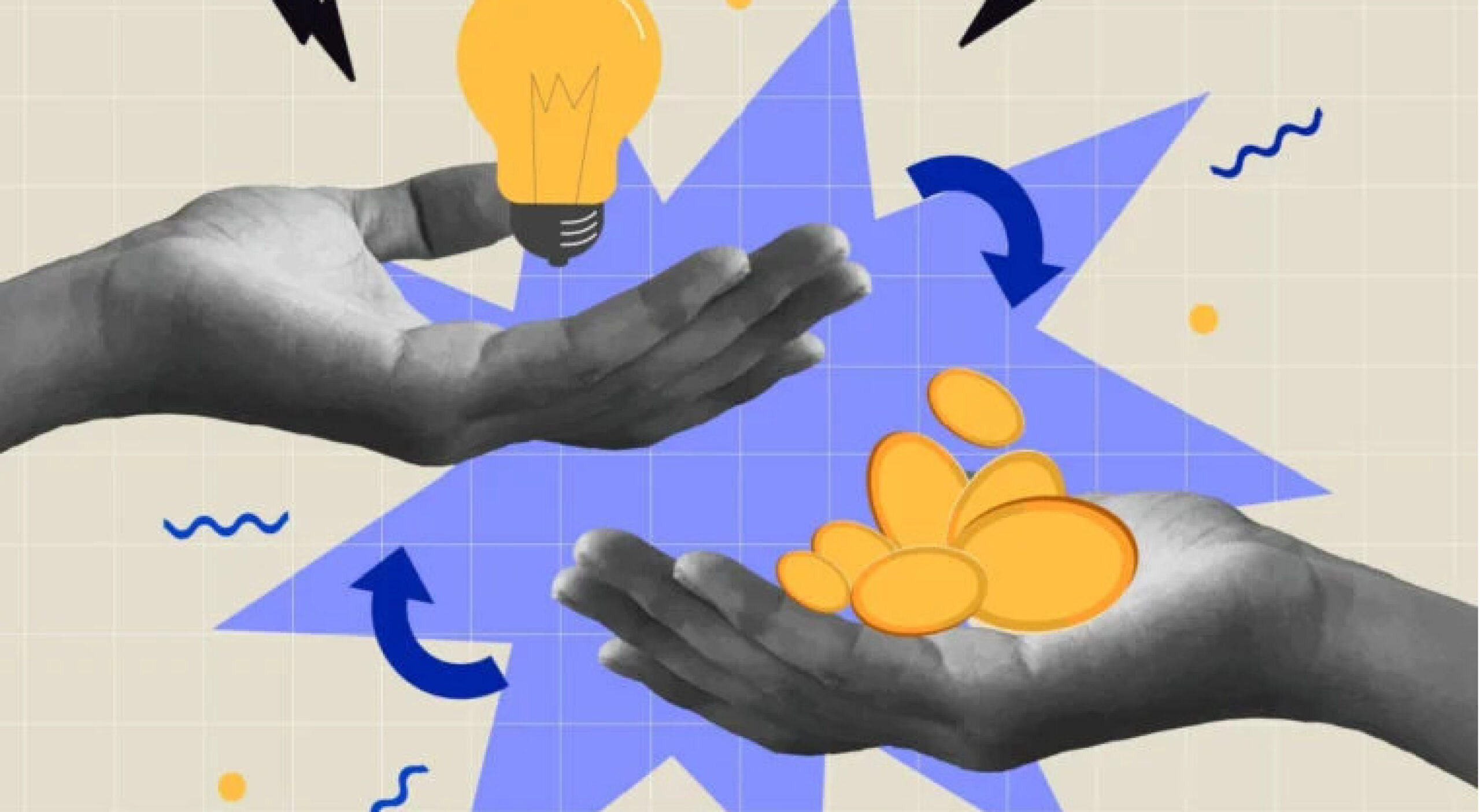
PAYTM: A Startup That Sowed The Seeds Of A Cashless Economy
- By StartupStory | September 5, 2021
Paytm (partial abbreviation of ‘pay through mobile’) is an eCommerce app that allows users to make money transactions up to Rs.1,00,000 every day, with the number of transactions being limited to 5 per hour and 20 per day. Paytm provides a wide range of services from making mobile recharges to transferring money to other bank accounts. Paytm users can also pay DTH, water, electricity bills, book movies, flights, buses and hotel reservations, as well as take gold loans through the e-wallet platform. Launched in 2010 by Vijay Shekhar Sharma, Paytm amassed a substantial user base by 2017, after demonetization, when the change in currency notes had thrown the citizens into a state of apprehension. After all, it was more convenient to switch to an online method of making payments, instead of carrying a physical wallet all the time.

HOW IT STARTED
The founder of Paytm, Vijay Shekhar Sharma, came from an economically backward section of the Indian population. He and his batchmates had to don slippers to the school, such was the dearth of money in his household. Despite the financial struggles, he became one of the two people from the village to pursue engineering.
He graduated from the prestigious Delhi Institute of Technology. However, he faced difficulties with adopting the English language which was the mode of instruction in the college. Coming from a Hindi medium school had made it tricky for him to grasp the lectures, but he taught himself to read English over time.
He was deeply inspired by the Forbes magazine he had picked up on one normal Sunday spent in the market. The magazine covered an article about the current tech giants like Apple, Intel, and HP. He calls this the turning point of his life. It ignited a desire in him to visit silicon valley but due to the lack of finances, he knew it was not possible. Still, instead of giving up, he made up his mind to create one in India!
He started an internet company during his college days in 1997 with the help of his friend Hari. They knew too well about the giant strides technology was taking, so they started developing Content Management Systems that had been adopted by publications such as The Indian Express. At that time, his parents convinced him into getting a real job to support the family, so he complied. But he could not conform to the rituals of a regular job at One97 communications and quit in 2001. He started his own company based on the ideologies of Yahoo! He learned later that he had to prioritize cash flow over profitability because his clients never paid him on time.
The crippling financial need to keep the company going clubbed with some personal reasons made him sell 40% of his company to the angel investors (One97 Communications) for a loan of 8 lac rupees. With the determination to ease the problems of money and banks, he developed Paytm.

THE JOURNEY OF PAYTM
Paytm was started as a prepaid mobile and DTH recharge platform, which later added the services of data card, postpaid mobile, and landline bill payments in 2013. By January 2014, the company had launched the Paytm Wallet, which was used by Indian Railways and Uber as a payment option. It launched into e-commerce with online deals and bus ticketing. In 2015, it added education fees, metro recharges electricity, gas, and water bill payments.By 2016, it had launched movies, events, and amusement parks ticketing as well as flight ticket bookings and Paytm QR. Later that year, it launched rail bookings and gift cards.
Paytm’s registered user base grew from 11.8 million in August 2014 to 104 million in August 2015. Its travel business crossed $500 million in annualized GMV run rate, with 2 million tickets booked per month. In 2017, it became India’s first payment app to cross over 100 million app downloads. [sourced from wikipedia]
In 2018, Paytm had spread its roots in the online gold business, starting the gold savings plan and gold gifting for long-term savings. The same year was also marked as the beginning of the joint venture with Alibaba Group-owned gaming company AGTech Holdings to launch Gamepind, a mobile gaming platform that was rebranded as Paytm First Games in June 2019. In May 2019, it partnered with Citibank to launch Paytm First credit card and Tata Starbucks in June 2020 to order food online during the COVID-19 pandemic.
BUSINESS MODEL AND REVENUE
Paytm generates revenue from partnerships with the financial institutions in the form of commissions which are reserved for the company with every transaction made by its user. Paytm had to bear a large loss in its revenue in the midst of FY 2018-19. In the fiscal year of 2019, the platform observed a mere 2% increase in revenue, whereas its expenses grew by 54%. The Paytm Payments Bank Limited platform announced that its net profit in FY 19-20 increased to Rs.29.8 Cr from Rs.19.2 Cr in the last year, resulting in a rise of 55%. Paytm saw a growth in the FY20 revenue of Rs.3,629 Cr with a 40 percent fall in losses in comparison to the previous year.

FUNDINGS
In March 2015, Paytm received its huge stake from Chinese e-commerce company Alibaba Group, after Ant Financial Services Group, an Alibaba Group affiliate, took 40% stock in Paytm as part of a strategic agreement. Soon after, it received backing from Ratan Tata, the MD of Tata Sons. In August 2016, Paytm raised funding from Mountain Capital, one of Taiwan-based MediaTek’s investment funds at a valuation of over $5 billion.
In May 2017, Paytm received its biggest round of stake by a single investor – SoftBank, thus bringing the company’s valuation to an estimated $10 billion. In August 2018, Berkshire Hathaway invested $356 million for a 3%- 4% stake in Paytm, although Berkshire Hathaway confirmed that Warren Buffett was not involved in the transaction.
On 25 November 2019, Paytm raised $1 billion in a funding round led by US asset manager T Rowe Price along with existing investors Ant Financial and SoftBank Vision Fund.

INVESTMENTS AND ACQUISITIONS
Paytm has made 11 acquisitions and 16 investments till now, spending $37 million in acquisitions alone. Paytm acquires online travel, ticketing, coupon, and deal companies. Some major acquisitions by the e-commerce company would be Near.in, Edukart, Shopsity, Insider, and so on. Paytm currently values at $16 million, falling second to BYJU’s which values $16.5 million at the current exchange rate.








